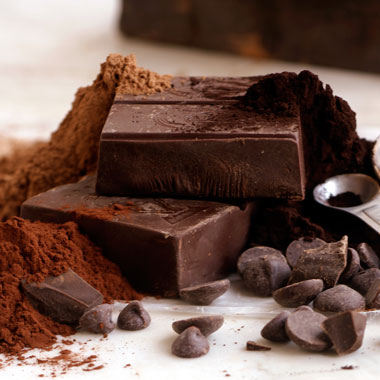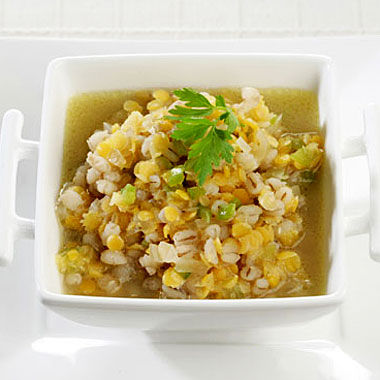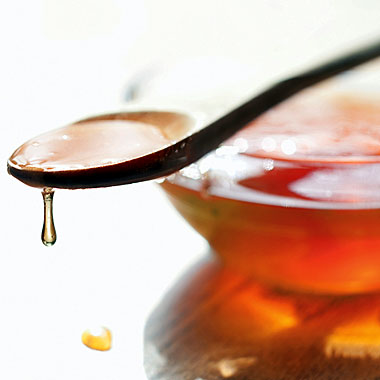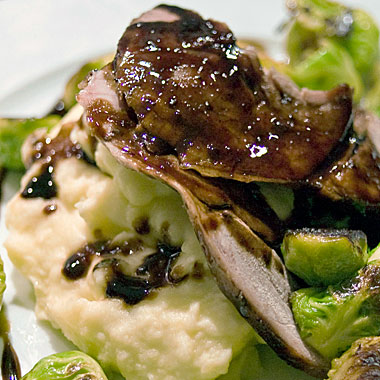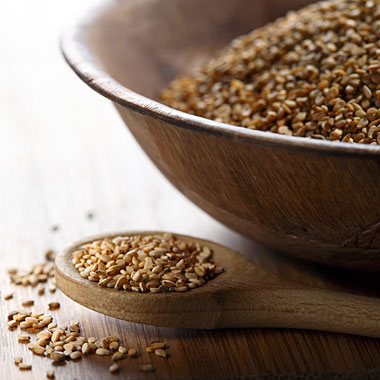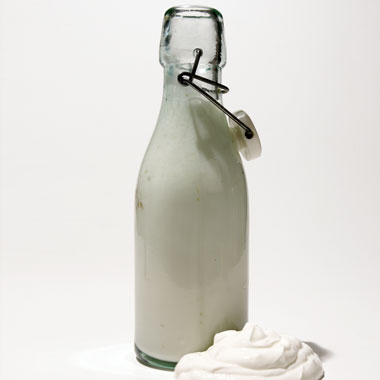
Charring Your Meat
The Threat: Heterocyclic amines, or HCAs, are carcinogenic compounds created when meat is heated up. This barbecue bummer has been shown to increase the risk of breast, lung, stomach, pancreatic, and prostate cancers.
The Fix: Master the marinade. The American Institute for Cancer Research found that marinating meat can lower HCAs by as much as 99 percent. A Kansas State University study found that marinating steaks lowered HCAs by 87 percent. Rosemary marinades are particularly protective. Food Safety Consortium tests found gingerroot, rosemary, and tumeric—all high in antioxidants—curb HCAs in cooked meat, even when cooking is at high temps. (Rosemary is most protective.) Using avocado oil can help, too. The oil—rich in cholesterol-lowering monounsaturated fatty acids, has a high smoke point, reducing harmful oil oxidation.

Skipping the Soak
The Threat: A 2011 study in Environmental Healthfound more than 95 percent of preschool children ingested potentially damaging levels of acrylamide, a naturally occurring compound formed when starchy foods are cooked at 250° F or higher. Based on lab animal studies, the International Agency for Research on Cancer classified acrylamide as a "probable human carcinogen."
Other scientists found a link between chronic dietary exposure to acrylamide and damaged nerve cells in the brain, signaling acrylamide could promote neurodegenerative disease, including Alzheimer's.
The Fix: You don't have to write off mashed potatoes. Before cooking any spuds, first soak the raw, sliced potatoes in water for two hours to slash acrylamide by nearly 50 percent. Low on time? Even a 30-second rinse lowers acrylamide levels by more than 20 percent. Whatever you do, avoid storing potatoes in the refrigerator—that actually encourages them to produce more acrylamide during cooking.

Toasting Too Intensely
The Threat: Toasting your bread until it's very dark also sends acrylamide levels soaring. In fact, many processed foods like crackers and cookies contain acrylamide because the food industry created the high-carb snacks at high temperatures.
The Fix: Choose a lighter toast. Better yet, try baking your own bread. A 2008 Danish study found that adding rosemary to the dough before making wheat buns lowered the buns' acrylamide content by up to 60 percent. Even adding just a small amount of rosemary—1 percent of the dough—significantly lowered acrylamide levels.

Indulging in Arsenic
The Threat: Two recent reports from the U.S. Food and Drug Administration and Consumer Reports found worrisome levels of the carcinogen arsenic in rice and rice-based processed foods.
The Fix: Environmental Working Group, a consumer-advocacy group, suggests rinsing brown rice through before you cook it. A good rinse could lower arsenic levels by 30 to 40 percent. (This doesn't work with white rice.) For babies, consider orange vegetables as a first food instead of rice-based cereal, suggests EWG.

Underestimating Unwanted Warm-Ups
The Threat: Picnics mean deviled eggs and macaroni and potato salad. But allowing these cookout staples to stay out too long could leave your guests with a nasty stomach bug.
"The two main problems of foodborne illness in the U.S." says Williamson, "are not cooking food to a high-enough temperature, and leaving food out at an unsafe temperature." Don't leave any food items out for longer than two hours, she adds, and in very hot, 90-degree-plus temperatures, take it inside after an hour.
The Fix: Scrub fruits and veggies used in salads thoroughly before cutting. Keep deviled eggs and salads cold—packed in a cooler that's filled 75 percent with food and 25 percent with ice or frozen drinks or cold packs, to allow cold air to circulate freely. Cold food should be kept at 40° F or below.

Getting Sloppy with Superbugs
The Threat: According to a recent analysis, 87 percent of supermarket meat contains antibiotic-resistant bacteria, hard-to-kill germs that in some cases could be fatal.
The Fix: Simple food-safety measures like storing meat on the lowest rack of your refrigerator (away from produce), using separate cutting boards for meat and fruits and veggies, and using a food thermometer can help combat infections. While all meat should be treated carefully to avoid foodborne disease, choose organic when you can. Other tests have shown organic meats harbor fewer antibiotic-resistant germs, likely because they aren't from animals overfed antibiotics, the standard practice in industrial, nonorganic agriculture.



